Question And Answer
Publications
Articles, publications, books, tools and multimedia features from the U.S. Institute of Peace provide the latest news, analysis, research findings, practitioner guides and reports, all related to the conflict zones and issues that are at the center of the Institute’s work to prevent and reduce violent conflict.
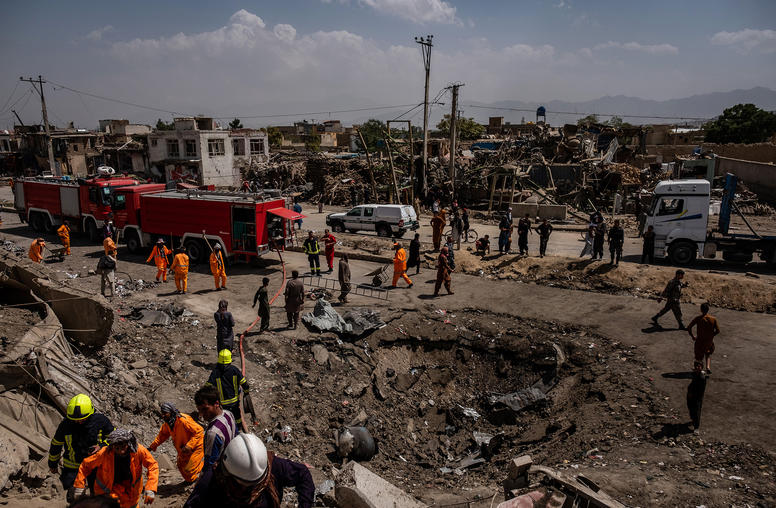
Intolerance of Atrocity Crimes in Ukraine Should Apply to Afghanistan
Russia’s war of aggression against Ukraine has caused massive loss of life and destruction of property, forcing millions to seek refuge in neighboring countries. There is mounting evidence that the Russian military has committed war crimes and crimes against humanity, intentionally attacking Ukrainian civilians. The urgent attention that Western countries have given to Russian war crimes and other atrocities in Ukraine has the potential to provide some accountability for gross violations of human rights as well as to shore up a faltering framework of international human rights law.
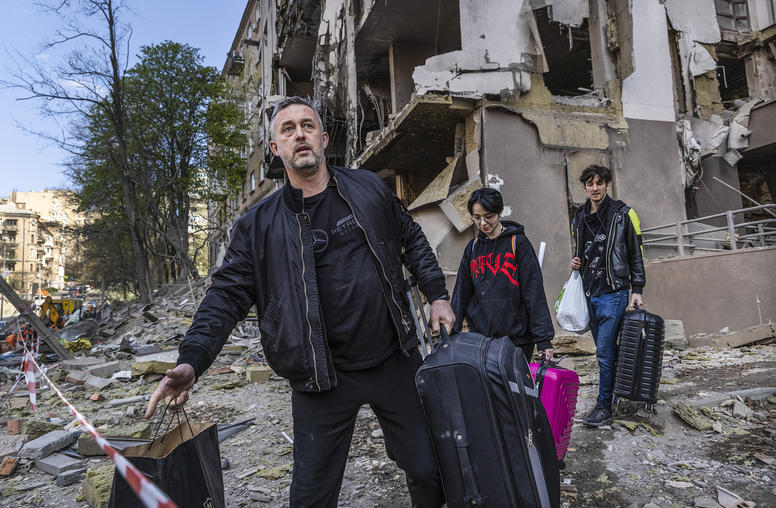
The Ukraine War Escalates Demands to Reform the United Nations
Russia’s brutal assault on Ukraine has revived demands that the world repair longstanding weaknesses in the United Nations’ ability to counter wars of aggression. This week’s Russia-Ukraine diplomacy by the U.N. secretary-general, and a surprising vote at the U.N. General Assembly, seem likely to energize those debates and attempts at repair.
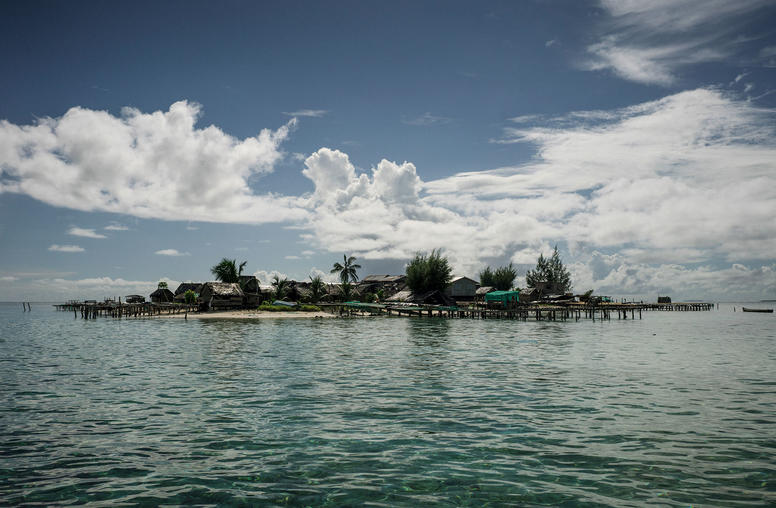
U.S. Steps Up Diplomacy in Pacific Amid Solomon Islands-China Pact
A leaked draft of a Solomon Islands-China security agreement has led to heightened concern over the island nation’s turn toward China. Washington dispatched a high-level delegation in late April to the island nation, days after China said the pact had been signed, saying it would “intensify engagement in the region.” The United States and its regional partners, particularly Australia and New Zealand, are worried about the potential of Chinese military bases on the islands, although the details of the agreement remain vague — which is itself a source of concern.
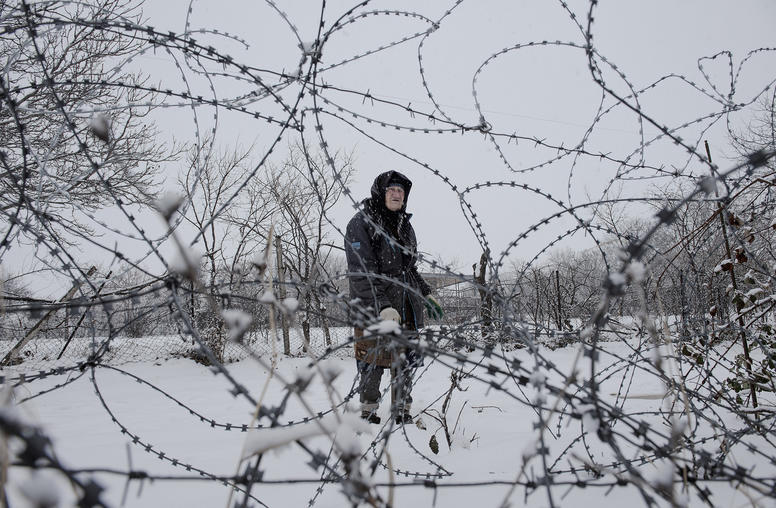
Russia’s Ukraine War Could Offer Chance to Resolve South Caucasus Conflicts
Since Russia’s invasion of Ukraine, the world’s attention has been justly focused on the war and the devastation inflicted on Ukrainian civilians. However, as the war drags on — and becomes ever more costly to Russia — policymakers in the United States and Europe must pay increasing attention to other areas where the diminution of Russia’s military reputation may upset local balances of power.
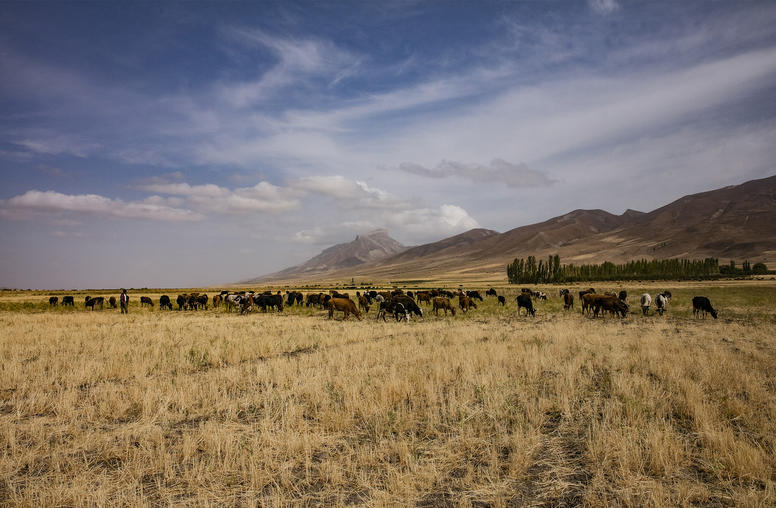
Russia’s Ukraine War Weighs Heavily on Tajikistan
The Russian invasion of Ukraine has left the five republics of Central Asia in a bind, but none more so than Tajikistan, a fragile country that depends on Russian troops and remittances for stability. As former Soviet republics, Central Asian states all enjoy special relations with Moscow and are considered traditional allies of the Russian Federation. The invasion of Ukraine — another former Soviet republic — raises urgent questions for Tajikistan about how to meet Russian expectations of support from Dushanbe in the face of global outrage and condemnation.
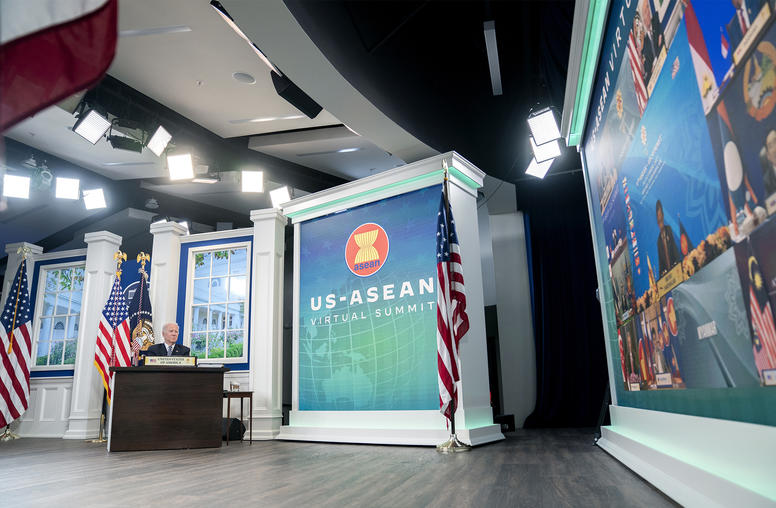
What to Expect From the U.S.-ASEAN Summit
USIP’s Brian Harding explains how ASEAN factors into the Biden administration’s “Indo-Pacific Strategy,” what ASEAN countries want from Washington, and how the war in Ukraine and deteriorating situation in Myanmar will be addressed at the summit.
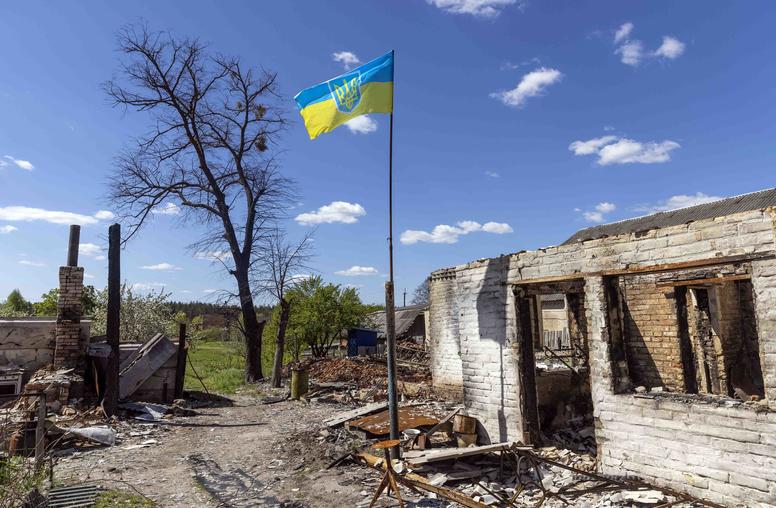
Estonia’s Ex-President Kaljulaid: The Future of the Free World Is at Stake in Ukraine
Kersti Kaljulaid, a former president of Estonia, wants the West to enhance its support for Ukraine, end its dependence on Russian gas, and maintain sanctions on Russia even after Vladimir Putin’s war in Ukraine is over. Speaking at the U.S. Institute of Peace on May 10, Kaljulaid described the ongoing war in Ukraine as one that is between “the free world and the other world, a world of tyranny.” She warned: “If Ukraine loses, we all would have lost.”
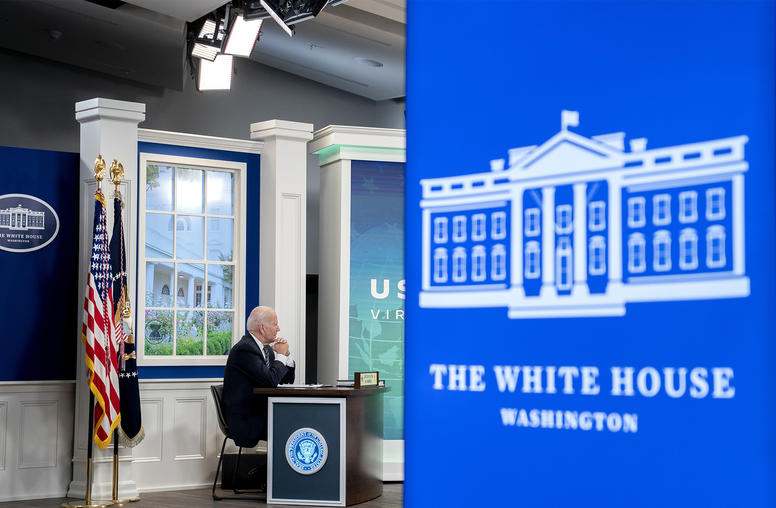
U.S.-ASEAN Summit Focused on Building Ties, Not Countering China
President Joe Biden attends a virtual U.S.-ASEAN Summit meeting, from the South Court Auditorium of the Eisenhower Executive Office Building on the White House grounds in Washington on Tuesday, Oct. 26, 2021. (Stefani Reynolds/The New York Times)
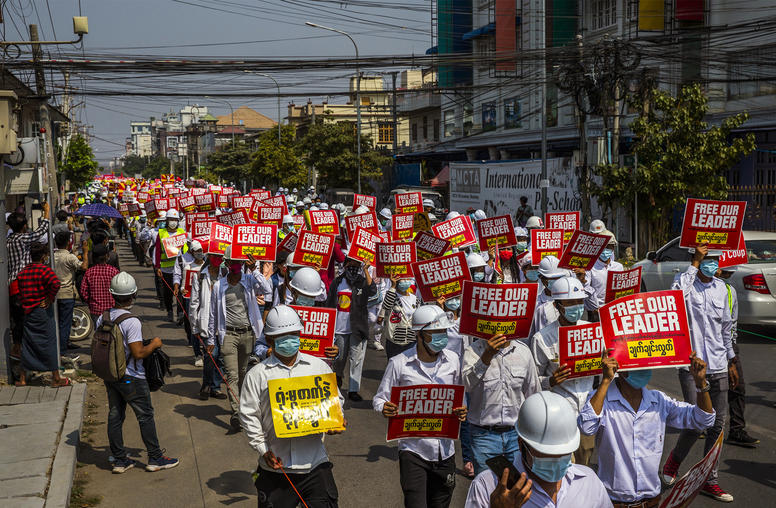
U.S.-ASEAN Summit: A Chance to Explore New Steps to Resolve Myanmar’s Conflict
The February 2021 coup in Myanmar, which overthrew an elected government and installed a brutal military dictatorship, has posed an enormous challenge to the Association of Southeast Asian States (ASEAN). The group has split on what — if any — action to take regarding the coup. Meanwhile, the military’s unbridled violence against the country’s citizens failed to suppress an increasingly militarized opposition and the conflict now affects ASEAN states bordering Myanmar and those beyond. As the U.S.-ASEAN Special Summit gets underway this week in Washington, Myanmar will not be present, a symbol that the organization — as a whole— does not accept the coup government’s legitimacy. What’s next remains to be seen.
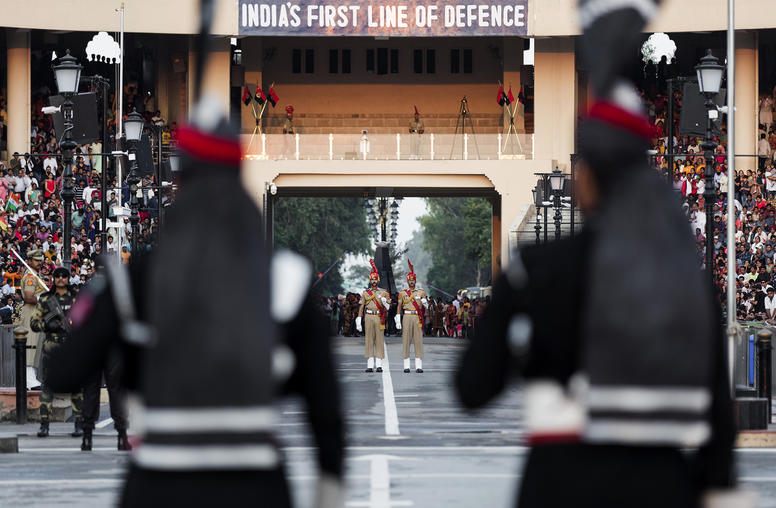
China, India and Pakistan: Tenuous Stability Risks Nuclear War
Over the past decade, long-standing disputes between the nuclear-armed states of Southern Asia have repeatedly veered into deeper hostility and violence. These regional developments reflect and reinforce new and significant geopolitical shifts, starting with the global strategic competition between China and the United States. In Southern Asia, relations between the United States and Pakistan have frayed even as U.S.-India and China-Pakistan ties have strengthened. The region now faces deepening and more multifaceted polarization. Global competition adds fuel to regional conflict and reduces options for crisis mediation.